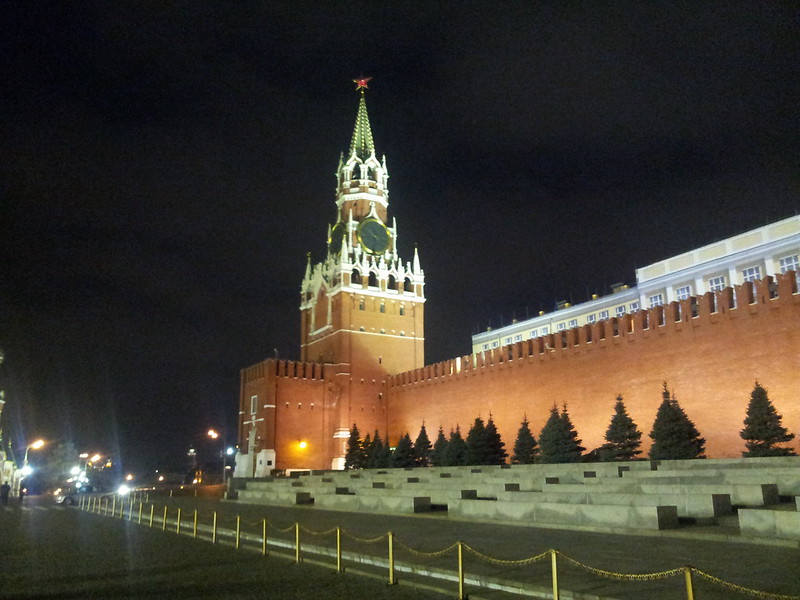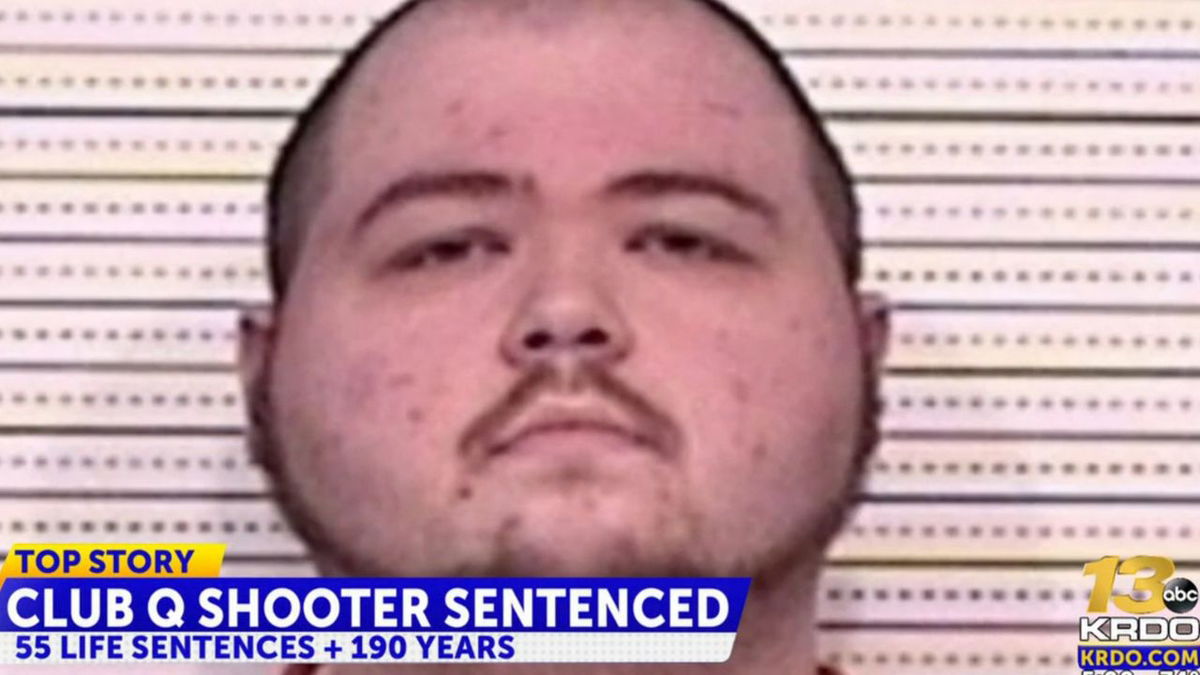ISW: Kremlin propaganda shapes domestic support for war despite growing criticism

The US Institute for the Study of War (ISW) reports that recent Russian polls suggest that the Kremlin’s information operations “Influencing Russian support for the war in Ukraine.”
A Russian poll by the independent Levada Center published on July 4 shows that 58 percent of respondents believe Russia should start peace talks with Ukraine either immediately or in the near future. This is an all-time high since the war began, although only a marginal increase from May 2024.
The polls show that the Kremlin’s information operations have significantly influenced Russian support for the war, with two-thirds of respondents blaming the US and NATO for the conflict and the resulting casualties, up from 53% in June 2023. In addition, 41% of Russians believe their country is more interested in negotiations than Ukraine, an opinion that has remained unchanged since 2023.
Despite growing support for peace talks, polls also show a rise in “patriotic” sentiments. The share of Russians who are proud of their country’s military actions in Ukraine rose to 48% in June 2024, up from 45% in November 2023 and 38% in September 2023.
The Russian sociological organization Public Sociological Laboratory (PS Lab) identified a group it calls “non-opponents” – individuals who support, justify or distance themselves from the war. These “non-opponents” are increasingly critical of the conduct of the war, but continue to support its continuation, citing patriotism as a key factor.
PS Lab found three common characteristics among the “non-opponents”: they are apolitical, have specific complaints about the government, and cite patriotism both as a justification for the war and as a criticism. Importantly, these individuals feel unable to influence the government, but feel more connected to Russian identity than before the war.
The polls also show that Russians are worried about a possible escalation of the war. About 95 percent of respondents expressed concern about Ukrainian shelling of border areas and attacks on the hinterland, while 86 percent were worried about the possible use of nuclear weapons and Western arms supplies to Ukraine.
The exact proportion of “non-opponents” in Russia is difficult to determine, but estimates suggest that they make up between 30 and 50 percent of the population. Many of their criticisms are similar to those of Russian ultra-nationalist military bloggers, especially with regard to the portrayal of the front-line situation in the state media.
Related:



